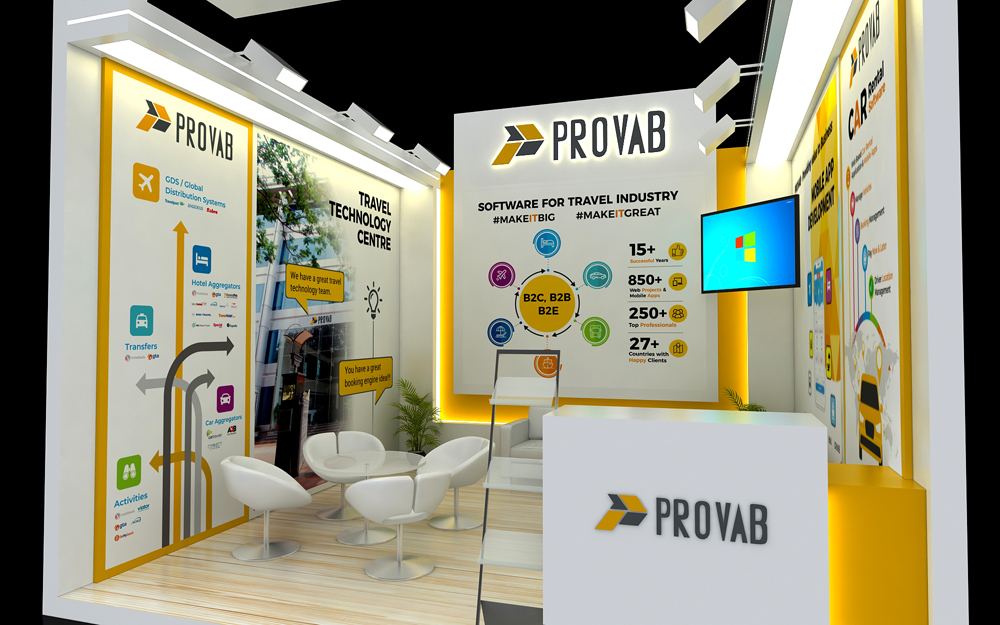
IATA is busy laying the foundations for a new distribution model with new standards and processes all designed to help airlines regain control of the selling of their inventories and services via the agency channel. It’s all about giving travel agents the same wealth and depth of information at the time of the sale as those airline customers who use their brand.com sites already enjoy. The retail world is getting more personalised, customers more demanding and airlines and their systems need to adapt and evolve.
>> Online Booking System for Travel Agency : Connect with Sales

There are two IATA initiatives known as New Distribution Capability (NDC) and One Order that are evolving. If successfully adopted by the airlines, these practical initiatives have the potential to transform the fragmented distribution process that is in place today. They offer airlines a clearly signposted path towards modern retailing by putting the customer and not the flight at the heart of their distribution strategies. There is a lot of jostling for position in the lucrative corporate passenger segment. To succeed airlines know they need to increasingly drive higher yields through higher non-seat ancillary revenue streams, which can build brand and loyalty. IATA’s vision for the indirect channel is to simplify the current airline distribution process and systems with a set of standards that will enrich the selling of the tickets at one end and streamline the customer record fulfilment and payment process at the other.
NDC is an XML-based data transmission standard that seeks to address many of the limitations of the air travel industries current distribution channels. It’s a well-established data protocol that facilitates interchange of electronic information between airlines and travel agents. It helps airlines to deliver the same rich and dynamic content to agencies as on their own web site (including ancillaries). One Order builds on the standardised communication approach with a view to replacing the multiple and rigid booking, ticketing, delivery and accounting methods with a single and flexible order management process.
Thus closing the existing capability gap between their direct and indirect channels.
Adopting the new standards will allow airlines to sell what they want, when they want, to whom they want through all the channels. Not only will they be able to make better and more relevant offers, explain what is included in bundled pricing and what isn’t, but customers too can begin to pick and choose what they wish to pay for and what not.
The benefits of IATA’s initiatives are very clear and powerful and a game changer for the industry. But what are these benefits and who stands to gain? Let’s take a quick look at IATA’s new distribution landscape and the stakeholders involved. We can see the key stakeholders involved in making NDC happen are the:
Airlines supplying the products and services
Intermediaries and aggregators (resellers),
Travel agents acting on behalf of Travel Management Companies (TMCs) and corporate buyers who purchase the travel trips
Travellers the ultimate customers making the trip.
So let’s take a closer look at what the potential benefits are of an NDC enabled retail environment for each of these groups:
For Airlines
NDC completely transforms their ability to merchandise their offers and take control. They can:
Distribute all their products, including ancillaries to agencies and travel management companies.
Offer value-added products and services when applicable, on the basis of personal information, should customers choose to disclose it
Display more details about their products (bundled and unbundled) including rich descriptions of differentiating facilities with media such as photographs, etc.
Increase innovation and differentiation opportunities by bringing new products faster to market, which helps differentiation
Take advantage of personalisation opportunities by delivering a shopping experience based on customer preferences
For Intermediaries / Aggregators
This represents a key step change in the way airline distribution works currently. Today the intermediary is a GDS who accesses inventory and fare databases to create the offer and then enables to book, pay, and issue a ticket. Those are complex and very diverse functions. For example, credit card payments are processed directly by the GDS, interacting with a payment service provider to authorize the payment. In an NDC environment the aggregator is solely transmitting both shopping and ordering requests to the airline host environment.
The concept of aggregation is a key component to NDC-based distribution model. The intermediary is an aggregator and its role is to transmit the information back and forth from the travel agent to the airline. Aggregators, do three things:
Determine which airlines when receiving shopping requests from travel agents
Forward shopping and other requests to the relevant airlines
Consolidate the offer responses from airlines and present results to travel agents
They too benefit from NDC by having:
Access to the entirety of the airlines products and content, including promotional fares.
Access to dynamic pricing and product information
The ability to offer comparison shopping for based not just on the perceived value of ancillary.
The ability to provide tailored services based on a customer’s travel history and preferences, if they chose to be recognized.
>> Online Booking System for Travel Agency : Connect with Sales

For the Travel Agent
Travel Agents are in fact the prime target audience for NDC. They represent the 50% plus portion of business that is still transacted through them. And as you know, it also represents an even higher percentage of their revenues as the type of itineraries that stick to the indirect channel tend to have higher face value (we estimate approximately 40% higher on average) as these tend to relate to corporate travel often with complex itineraries and long-haul travel.
Rich content view of travel options
Greater transparency of fares across providers
Ability to personalise offers based on context
Greater reporting capability
Simply put, for Travel Agents and TMC’s, NDC facilitates an increased transparency of travellers total spend. The premise of this is that instead of travel managers having access to the fare cost only, with the traveller then individually booking and expensing ancillary products, NDC allows all costs of a flight to be captured within the original booking.
For the Traveller
For reasons of saving time and money, travel expense management, contract negotiations and customer support corporations in particular continue to channel their staff travel needs through agents. The traveller and the company paying for his trip are prime beneficiaries of the new NDC merchandising world.
One of the biggest selling points of NDC is the facilitation of personalised fares. Giving airlines the ability to service travellers with a fully customer-centric approach, dynamically pricing and personalising their products. This means, if the traveller agrees, elements of personal information are released to airlines when the initial fare is searched. Airlines then return a fare considering these details. To an extent, this feature is already exercised when booking flight directly with an airline via their websites, where they are able to identify and engage their customers with specific offers based upon their previous journeys. For corporate travel managers this is a positive development as it encourages employees back to booking through their TMC rather than arguing that a more attractive fare is available direct.




